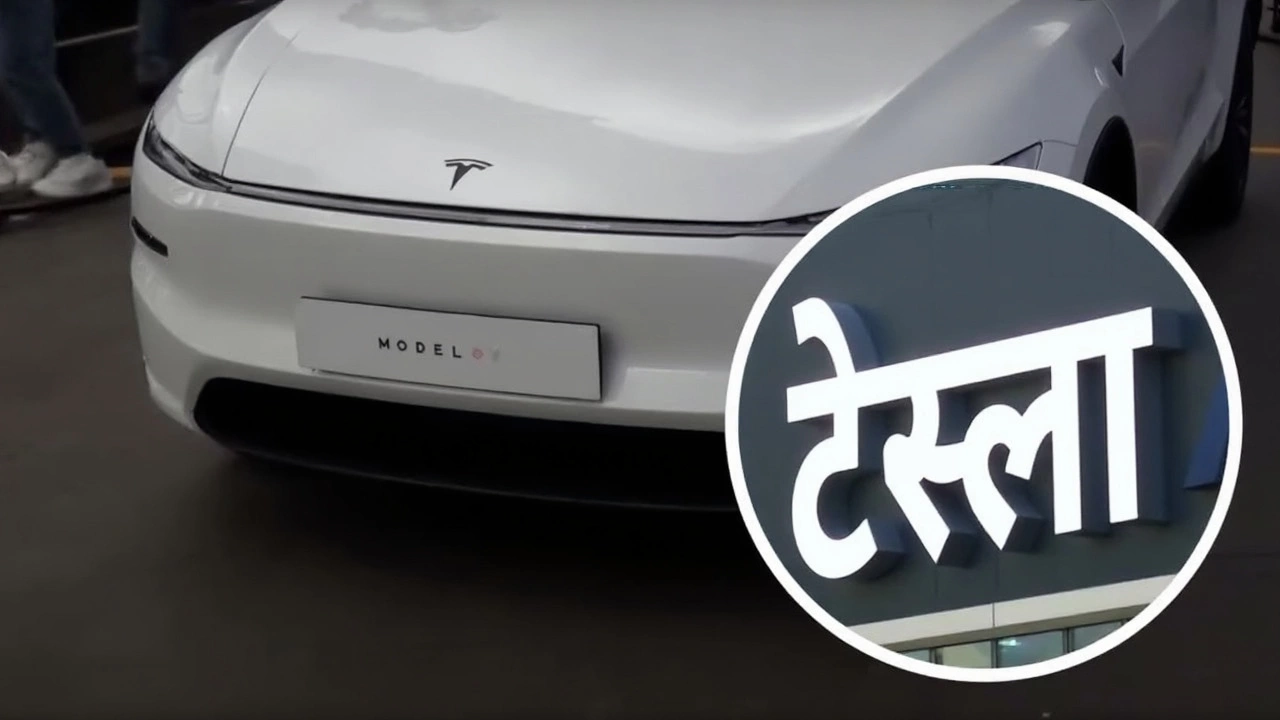Electric SUV Guide: Best Picks, Benefits, and Buying Tips
Looking for a vehicle that combines the space of an SUV with the clean power of electricity? You’re not alone. More drivers are asking the same question, and the market now has plenty of electric SUV options to choose from. In this guide we’ll break down why electric SUVs are worth a look, what you should check before you buy, and a short list of popular models that fit different budgets.
Why Choose an Electric SUV?
First off, an electric SUV gives you the room you need for family trips, groceries, or outdoor gear without the emissions of a gas engine. The instant torque of an electric motor means you get quick acceleration, which is handy when you’re merging onto a highway or pulling out of a parking spot. Because there’s no fuel pump, the drivetrain has fewer moving parts, which usually translates to lower maintenance costs.
Most electric SUVs also come with a decent range—many can go 250 km (155 miles) or more on a single charge. That’s enough for daily commutes and even a weekend getaway if you plan the charging stops. Charging infrastructure is growing fast, and you can install a home charger to top up overnight, just like you would a phone.
Finally, many governments offer tax credits, rebates, or lower registration fees for electric vehicles. Those incentives can shave off a good chunk of the purchase price, making the total cost of ownership more attractive.
How to Choose the Right Electric SUV
Start with your daily driving distance. If you usually travel under 200 km a day, a model with a 250 km range is fine. If you often take long trips, look for SUVs that advertise 300 km or more and have fast‑charging capability.
Next, think about cargo space and seating. Some electric SUVs prioritize performance and have a sportier shape, which might reduce rear‑seat room. Others keep a boxy design for maximum space. Test both if you can, and check the cargo capacity numbers in the specs.
Price is another big factor. Entry‑level electric SUVs can start around $35,000, while premium ones can exceed $80,000. Remember to factor in the cost of a home charger (usually $500‑$1,200) and the potential savings on fuel and maintenance.
Charging speed matters if you travel a lot. Look for a model that supports DC fast charging at 100 kW or higher. That lets you add 80 % of range in roughly 30‑45 minutes, which is comparable to a quick coffee break.
Finally, check warranty coverage. Most manufacturers offer an 8‑year or 100,000‑km battery warranty, which gives peace of mind.
Here’s a quick snapshot of a few popular electric SUVs:
- Model A – Around $38,000, 280 km range, fast‑charging up to 120 kW, good cargo space.
- Model B – Starts at $45,000, 320 km range, premium interior, 150 kW fast charger.
- Model C – Luxury tier at $78,000, 350 km range, advanced driver assistance, 200 kW charging.
Whatever model you pick, the key is to match the SUV’s range and features to your real‑world driving habits. Take a test drive, compare the charging network in your area, and calculate the total cost of ownership with any available incentives.
In short, an electric SUV can give you the space you need, lower running costs, and a smoother ride. With more models hitting the market each year, it’s a good time to start exploring your options. Happy hunting!
